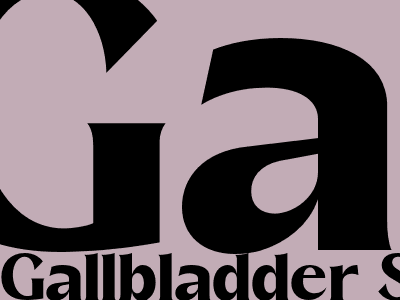Gallbladder Surgery: A Comprehensive Guide
What is Gallbladder Surgery?
Gallbladder surgery, also known as cholecystectomy, is a procedure that involves removing the gallbladder, a small organ located under the liver that stores bile, a fluid that aids in the digestion of fats.
Gallbladder surgery is typically performed laparoscopically, a minimally invasive technique where small incisions are made in the abdomen and a laparoscope, a thin tube with a camera, is inserted to guide the surgeon.
When is Gallbladder Surgery Necessary?
Gallbladder surgery may be recommended if you have:
- Gallstones, hardened deposits of cholesterol and bile that can cause pain, inflammation, and infection.
- Cholecystitis, inflammation of the gallbladder, which can be caused by gallstones or other conditions.
- Gallbladder cancer, a rare but serious condition that requires immediate removal of the gallbladder.
Preparing for Gallbladder Surgery
Before gallbladder surgery, you may need to:
- Fast for several hours before the procedure.
- Avoid taking certain medications, such as blood thinners.
- Undergo blood tests and imaging studies to assess your overall health.
The Procedure
During laparoscopic gallbladder surgery, the surgeon makes several small incisions in your abdomen. A laparoscope is inserted through one incision, and surgical instruments are inserted through the other incisions.
The surgeon carefully dissects the gallbladder from the liver and other surrounding tissues, and then removes it through one of the incisions.
Recovery from Gallbladder Surgery
After gallbladder surgery, you will likely stay in the hospital for 1-2 days. During this time, you will be monitored for complications and given pain medication as needed.
Most people recover from gallbladder surgery within a few weeks. You may experience some discomfort and fatigue for a few days after the procedure, but you should be able to resume your normal activities within a few weeks.
Risks and Complications
As with any surgery, gallbladder surgery carries some risks, including:
- Infection
- Bleeding
- Damage to surrounding organs
- Anesthetic complications
- Recurrence of gallstones or cholecystitis (rare)
The risk of complications depends on factors such as your age, overall health, and the experience of your surgeon.
Alternatives to Gallbladder Surgery
In some cases, there may be alternatives to gallbladder surgery, such as:
- Oral dissolution therapy, which involves taking medications to dissolve gallstones.
- Extracorporeal shock wave lithotripsy (ESWL), which uses sound waves to break up gallstones.
However, these alternatives are not always effective, and gallbladder surgery may still be the best option for some people.
Conclusion
Gallbladder surgery is a safe and effective procedure that can relieve pain, discomfort, and other symptoms caused by gallbladder disease. If you are experiencing symptoms of gallbladder disease, talk to your doctor to see if surgery is right for you.

Komentar